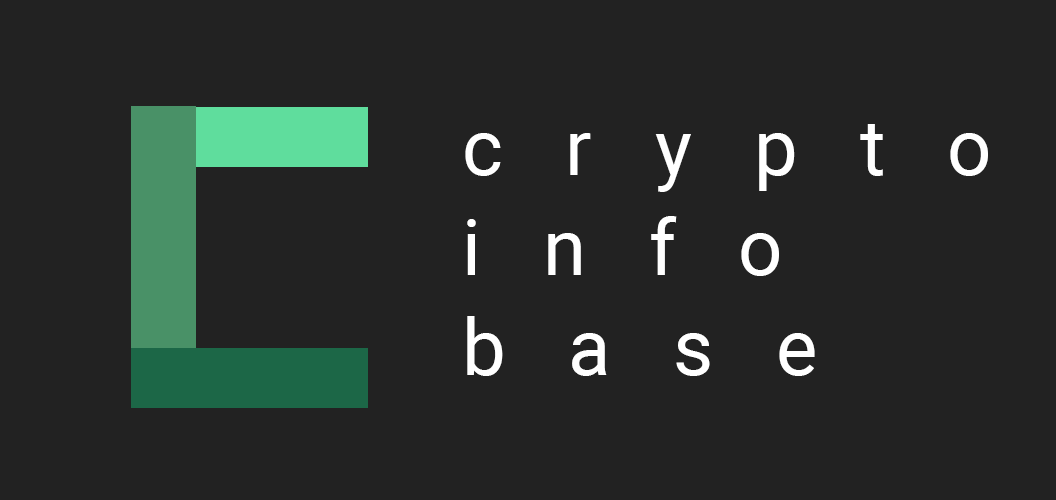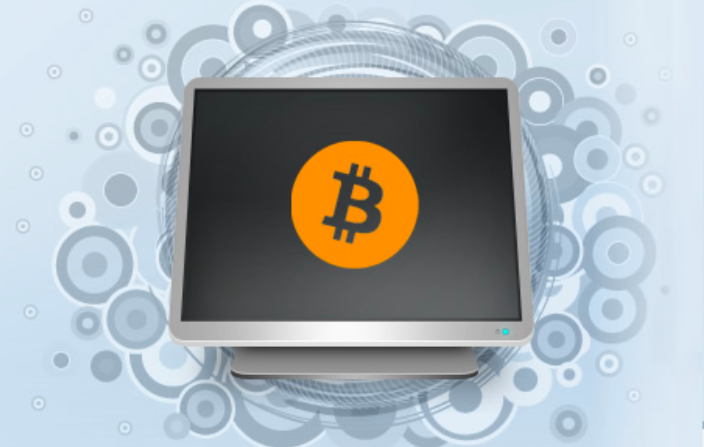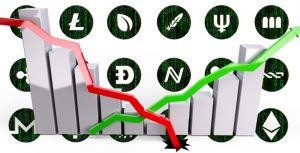American investors together with Japan’s Mizuho Bank have applied to the Californian court to suspend a case concerning filing a claim against the financial institution for making transaction complexities for costumers during the collapse of Mt.Gox’s.
In conformity with Reuters, a case is going to be asked for stay by complainants’ advocates and the respondent until February 28, 2019. The aim of this is to supply both sides with enough time to prepare scrupulously and decide on with the compensation for the financial losses caused by Mt.Gox’s collapse and give the court necessary recommendations on how to proceed a case. It is worth mentioning that Mt.Gox has always been considered the largest cryptocurrency exchange.
Over 0.6 Billion Dollars Collected
Mt.Gox’s bankruptcy and rehabilitation trustee Nobuaki Kobayashi reported that he had collected more than 617 mln dollars, which is sufficient to reimburse claims completely, not partially.
In addition to huge cash liquidators also have over 137 thousand bitcoins (BTC). Former clients of the bitcoin exchange, which doesn’t exist any longer, have to file claims until 22 October. According to the bankruptcy and rehabilitation trustee of Mt. Gox, claims’ approval could be expected by 24 January, 2019. Consequently, a compensation plan is to be compiled and submitted within a month.
A California resident, Lack, claims in the lawsuit that he joined the exchange in 2014 and deposited 40 thousand US dollars to Mizuho bank account, belonging to Mt.Gox. But he couldn’t find his deposit reflection in Mt.Gox account and was not able to withdraw his money. At that time the Mt.Gox’s website became inaccessible.
Lack sues the Japanese bank for hiding non-processing his withdrawal requests.
Japanese bank attempted to cease the lawsuit several times. Mizuho appealed to the court arguing that money transfer acceptance from California residence was not active, consequently it was not technically possible to carry out.
However, the court rejected the bank’s appeals, taking the side of the plaintiffs who refer to the defendant’s objections to the groundlessness.




